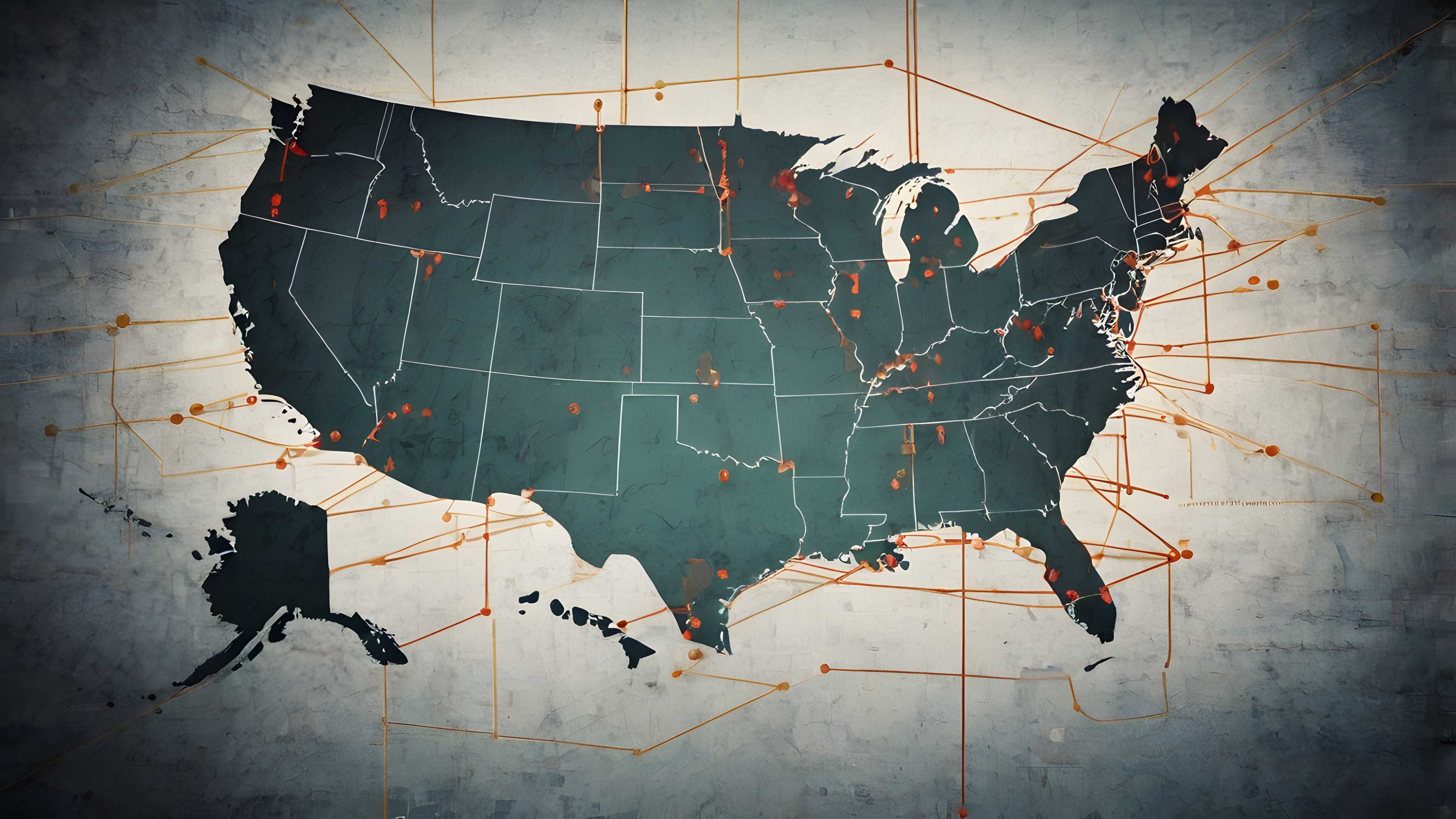Updates on recent legislative and regulatory activity impacting workers' compensation pharmacy
The MyMatrixx by Evernorth Regulatory Affairs team continually tracks and monitors legislation and regulations impacting workers’ compensation pharmacy. Below are some updates on more recent developments. You can follow many of these measures and more with our online tracker.
Mixed fate for California workers’ compensation presumption bills
Two California bills were signed into law earlier this month expanding workers’ comp “presumptive” coverage for first responders, while another that would have created a presumption for farm workers was vetoed.
Signed into law:
Assembly Bill 1125 adds peace officers employed by the State Department of State Hospitals to an existing presumption law for heart trouble.
Senate Bill 230 took on coverage of firefighters by:
- Expanding existing presumptions for cancer or post-traumatic stress disorder (PTSD) to firefighters providing fire protection to a commercial airport
- Expanding existing presumptions for heart disease, hernias, pneumonia, tuberculosis, blood-borne infectious disease or MRSA, bio-chemical illness, and meningitis to firefighters that provide protection to a commercial airport, NASA installation, or U.S. Department of Defense installation.
Vetoed bill:
Assembly Bill 1336 would have created a presumption for a heat-related injury that develops/manifests after an employee was working outdoors for an agriculture industry employer that fails to comply with certain heat illness prevention standards. In his veto message, Governor Gavin Newsome noted he vetoed a nearly identical bill in 2024, stating that creating a presumption in the workers’ compensation system is not an effective way to protect farmworkers from the risk of heat-related illnesses, deferring to the state’s Division of Occupational Safety and Health as the agency with jurisdiction over enforcing heat illness prevention standards.
As previously noted, these types of legal presumptions shift the burden of proof from the claimant to the employer and can mean greater access to care for certain workers, particularly first responders, but they can also lead to increased claims and costs for employers or taxpayers. MyMatrixx by Evernorth has tracked over 100 bills in 2025 related to special or presumptive coverage. A comprehensive list of bills and details of their current status can be found on the Legislative and Regulatory Policy Tracker on our Statehouse Watch webpage (select “Presumptions or Special Coverage” as the topic).
California workers’ compensation anti-kickback law amended
Existing California workers’ compensation law states it is unlawful for a physician to refer a person for certain medical goods or services if the physician or their immediate family has a financial interest with the person or in the entity that receives the referral. With today’s law interested parties are required to disclose any financial interest in any entity providing services (including utilization review.)
Recently signed California Assembly Bill 1398 amends this workers’ compensation anti-kickback and referral financial disclosure law by expressly requiring interested parties to disclose their financial interest in writing to a third-party payer or other entity to whom a claim for payment is presented for services furnished pursuant to a referral when the claim is presented for payment.
Colorado workers’ compensation pharmaceutical fee schedule and billing changes adopted and approved
Colorado Division of Workers’ Compensation (DoWC) adopted annual updates to DoWC Rule 18 (the medical fee schedule regulations) have been approved and include the following changes of note for pharmacy:
- Minimal reimbursement increases for both prescription-strength topical compounds and over-the-counter (OTC) topical medications.
- Removal of two state-specific OTC topical medication billing codes (DoWC “Z” codes), which are not necessary for medication identification and are not supported by the DoWC-adopted national pharmacy billing standards. This change was in response to a recommendation from MyMatrixx.
- Minimally increased fees to authorized treating physicians for completion of a written report of certain opioid review services.
These changes take effect January 1, 2026. MyMatrixx submitted public comments in support of removing the state-specific OTC topical medication billing codes and collaborated with the National Council for Prescription Drug Programs to submit support comments as the national pharmacy transaction/billing standards organization.
Massachusetts workers’ compensation provider reimbursement listening session recap
The Massachusetts Executive Office of Health and Human Services (EOHHS), in coordination with the state’s Department of Industrial Accidents (DIA), held a virtual “listening session” on October 14 to gather public input on the state’s current workers’ compensation medical payment rates and methodologies. They were hoping to “better understand how current rates affect workers’ compensation coverage, consumer access to care, quality of care, and the overall experience of injured workers.”
Over 150 individuals attended the meeting virtually. Stakeholders, including providers and claimant attorneys, discussed concerns on the following topics:
- Medical reimbursement rates – including those for hospitals, physical therapists, prosthetists, chiropractors, and pharmacies. Several expressed that various fee schedules are currently inadequate and result in issues with access to care for injured workers.
- The current pharmacy fee schedule’s definition of “usual and customary charge” (U&C) being unworkable. The American Association of Payers, Administrators and Networks (AAPAN), a trade association MyMatrixx is a member of, also raised concerns on the pharmacy fee schedule’s tie to federal Medicaid benchmarks and its definition for U&C. AAPAN additionally voiced disagreement with the current requirement for an entity conducting utilization review to have a physical presence/office in the state.
No specific action was taken by the state at this time, as this was just an opportunity to gather feedback from stakeholders. State-hosted discussions regarding the pharmacy fee schedule in the last few years have thus far never led to any changes.
